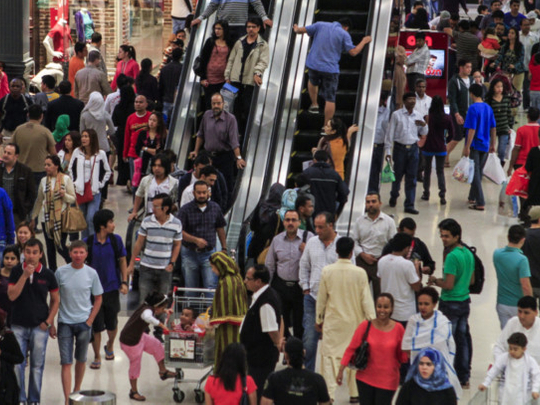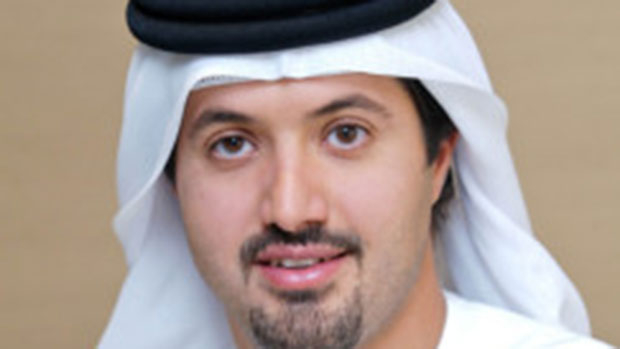
Dubai: After winning the bid to host the World Expo 2020 last year, Dubai will now use the event to showcase its tourism offerings, according to the emirate’s tourism chief.
“Over the next six years leading up to 2020 we will continue to push the envelope on evolving our already well-diversified destination proposition, ensuring that we maximise the opportunity presented by the Expo to showcase all that Dubai has to offer to the international leisure and business market,” said Helal Saeed Al Merri, director-general of Dubai’s Department of Tourism and Commerce Marketing (DTCM) and chief executive of the Dubai World Trade Centre (DWTC), the developer of Expo 2020.
“Dubai Expo 2020 will accelerate the development of tourism and related sectors, catalyse sustained employment generation and human capital enrichment, and boost Dubai’s competitiveness as a global destination for the world traveller,” Al Merri said.
“Moving forward, our strategy remains focused on delivering a compelling proposition to a highly diversified global market that is unique in its ability to continually evolve, truly embodying the progressive spirit of the city. This means that we are constantly innovating our tourism offering, building richness of breadth and depth across experiences, and increasing our hotel portfolio to attract and cater to wide variety of segment needs,” he said.
Dubai is expected to double the number of visitors from 10 million in 2012 to 20 million by 2020. DTCM has worked with its private and public partners to help drive tourism growth.
Over the last year, the federal pre-entry visa regulations on the remaining 13 EU members have been lifted.
More attractions and events are being created in the emirate, such as Legoland Dubai, a theme park that is due to open in 2016.
Also, a UAE multi-entry cruise visa was introduced in August.
“These changes will enable us to increase visitor volumes, drive spend within the economy, attract foreign investment and businesses for tourism infrastructure, services and products, as well as sustainably grow domestic human capital through the development of global industry expertise in Dubai,” Al Merri said.
Dubai will need 140,000 to 160,000 rooms to accommodate 20 million visitors, which has raised concerns of an oversupply of hotel rooms in the market. Al Merri dismissed such concerns.
“We are confident that the growth for the hotel sector is sustainable and do not foresee any issues with oversupply post Expo. In fact, just the opposite. We are more focused on ensuring that we have sufficient space to respond to stable and realistic projections in guest demand,” he said.
There are currently more than 88,000 hotel rooms in the emirate.
“Our initial targets had been to have around 635 hotels with more than 90,000 rooms by the end of 2015, so we are delivering growth ahead of schedule,” Al Merri said.
He said that the emirate’s room inventory and accommodation options need to be increased to maintain price competitiveness and keep occupancy rates among the highest worldwide.
The government introduced this year incentives to encourage hotel developers and investors to build three- and four-star hotels in order to diversify the emirate’s accommodation options.
These include a five-year 10 per cent municipality fee exemption for three- and four-star hotels that begin operations before June 2017, and the allocation of government land for the development of these hotels.
“Hotels need to work with government and other partners to ensure that the average room rate does not creep up too high – lower average room rates will ultimately increase demand in terms of number of guests and guest nights, positively impacting overall revenues and occupancy. We need to be cautious not to take advantage of under-supply of hotel rooms for the short-term gain of increased revenue to the detriment of long-term growth - we need to ensure Dubai remains globally competitive and does not price itself out of the market,” Al Merri said.









